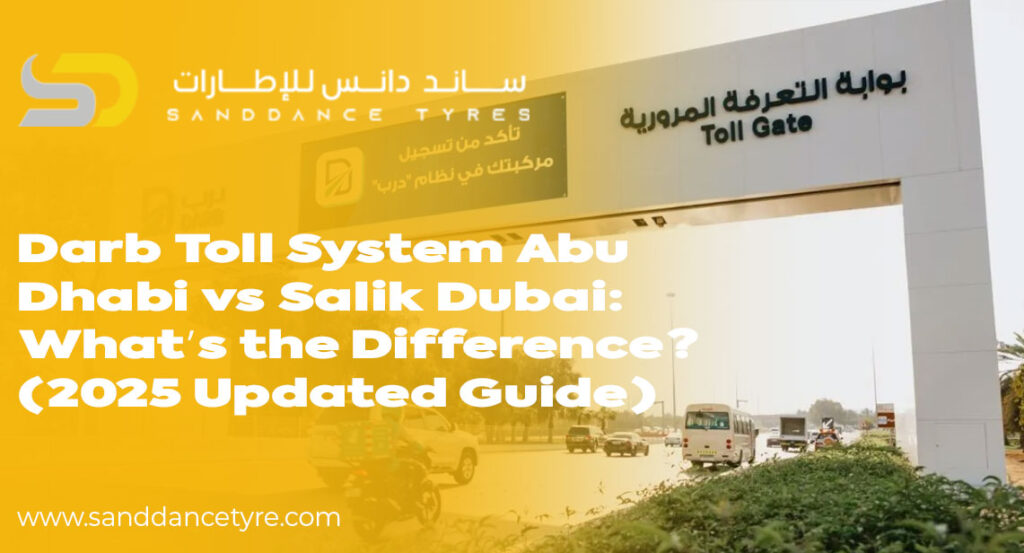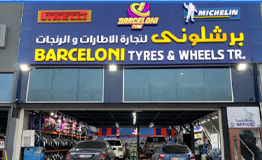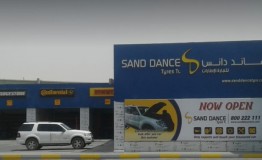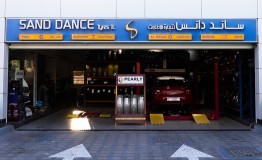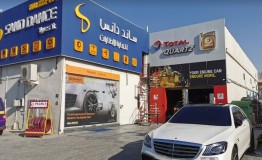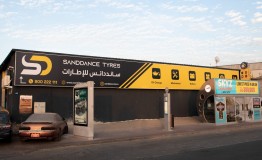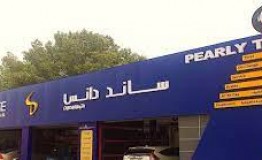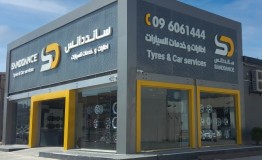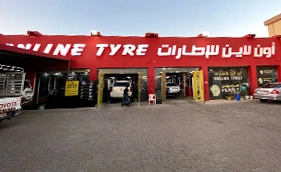Driving in the UAE means understanding more than just the rules of the road—it’s about knowing how toll systems like the Darb toll system Abu Dhabi and Salik Dubai work. These automated toll systems have transformed how drivers pay for road use, reducing congestion and improving traffic management.
If you’ve ever driven between Abu Dhabi and Dubai, you’ve likely encountered both. But how do they differ? This 2025 updated guide explains their registration processes, payment systems, and latest updates to help you avoid fines and plan your trips efficiently.
1. Understanding the Darb Toll System Abu Dhabi
The Darb toll system Abu Dhabi was introduced to manage traffic flow and encourage sustainable commuting. Managed by the Department of Municipalities and Transport (DMT), Darb charges vehicles each time they pass through designated toll gates—typically located at major entry and exit points of the city.
Drivers are required to create an online account on the Darb portal, link their vehicle plate number, and maintain sufficient balance to avoid fines. Unlike traditional toll gates, there’s no need for physical tags or cash payments—everything is automated through license plate recognition.
Many vehicle owners who manage multiple cars, especially companies, integrate toll expenses with a Comprehensive Fleet Maintenance Service for centralized monitoring and payment convenience.
2. Salik Dubai: A Quick Overview
Salik, launched in Dubai in 2007, operates using a radio frequency identification (RFID) system. Each vehicle must have a Salik tag on its windshield, which automatically deducts toll fees when passing under a Salik gate.
As of 2025, Dubai has expanded its Salik network to manage traffic at key entry and exit points, including Business Bay, Airport Tunnel, and Al Maktoum Bridge. The Salik system aims to reduce congestion and promote public transport use, similar to Darb’s objectives but with distinct operational differences.
Both systems work seamlessly, but their registration methods, top-up options, and fine structures vary—something we’ll explore in detail below.
3. Registration Process: Darb vs Salik
Registering for either system is easy but follows slightly different processes.
For Darb, drivers can register online via the Darb app or official website. After creating an account, you can link vehicles, top up balance, and track toll transactions in real time.
Salik users must purchase a physical Salik tag, attach it to the windshield, and activate it through the Salik portal. The tag is linked to the user’s mobile number and payment account for automated top-ups and balance alerts.
For drivers using multiple vehicles or corporate fleets, integrating a Mobile Car Tyre Service can help maintain efficiency and ensure your vehicles are always ready for road inspections or toll compliance.
4. Locations and Gate Points
The Darb system currently operates four key toll gates in Abu Dhabi—Sheikh Khalifa Bridge, Mussafah Bridge, Sheikh Zayed Bridge, and Al Maqta Bridge. These strategic locations manage inbound and outbound city traffic.
In contrast, Dubai’s Salik system has eight operational gates across the city, designed to distribute traffic evenly and reduce bottlenecks during peak hours.
Interestingly, drivers commuting between the two emirates often pass through both systems, meaning it’s important to stay registered on both to avoid penalties.
When maintaining your car for frequent intercity travel, consider learning from How to Save Money on Michelin Tyres Without Compromising Quality for cost-saving maintenance insights relevant to long-distance driving.
5. Fee Structure and Charges
The Darb toll system charges AED 4 per crossing during peak hours (7–9 AM and 5–7 PM), Monday to Saturday, with no fees on Sundays or public holidays. However, you’re charged per vehicle, not per driver, making it essential for companies to manage accounts carefully.
Meanwhile, Salik Dubai also charges AED 4 per gate, with no peak-hour differentiation. The key difference is that Salik operates 24/7, so charges apply regardless of time or day.
Both systems cap daily charges for personal vehicles to prevent excessive fees, making them fair for regular commuters.
6. Fines and Violations
Each system enforces penalties for insufficient balance or failure to register.
For Darb, drivers face an AED 50 fine for the first offense of insufficient balance, AED 100 for the second, and AED 200 for subsequent violations within the same year.
Salik fines AED 100 for the first crossing without a valid tag and AED 200 for the second, increasing with each repeated offense.
Maintaining your account balance through automatic recharge options is the best way to stay compliant and avoid penalties.
7. Account Top-Up and Management Options
Both systems offer multiple top-up methods. Darb allows payments through the official app, website, or local kiosks. Salik users can recharge via the app, online banking, or authorized outlets across Dubai.
Corporate drivers and fleet owners often prefer unified systems to track expenses. A top-rated tyre balancing service can also integrate vehicle inspection reports with travel and toll logs for smoother management.
8. Differences in System Design and Technology
The Darb system uses advanced license plate recognition cameras, eliminating the need for physical devices. This makes it more convenient for residents and tourists driving rental cars.
On the other hand, Salik’s RFID tags are reliable and easy to manage, though they require replacement if damaged. The RFID technology also helps Dubai monitor vehicle flow more precisely through its AI-driven smart road network.
These differences show how Abu Dhabi and Dubai are independently evolving toward intelligent transportation systems that reduce manual intervention and improve traffic efficiency.
9. Which System Is Better for Drivers?
There’s no definitive answer—it depends on where and how often you drive.
If you mostly travel within Abu Dhabi, Darb offers flexibility and digital-only convenience. For Dubai residents, Salik’s tag system is more established, integrated with major parking and payment apps.
However, drivers who frequently travel between the two cities should ensure both accounts are active to avoid unexpected toll charges or fines.
Those looking to enhance vehicle readiness for long commutes can benefit from Tire Sales Near Me: Get the Best Tires for Your Car at Great Prices, a helpful resource on maintaining reliability for road trips across the UAE.
10. Future of Toll Systems in the UAE
By 2025, both Darb and Salik are exploring advanced integrations, such as linking accounts to Emirates ID and vehicle registration systems. This automation will simplify fine management and cross-emirate toll sharing for residents and visitors alike.
With sustainability as a national goal, the UAE continues investing in AI-driven transportation and smart traffic analytics, paving the way for a smoother, faster, and eco-friendly driving experience across all emirates.
11. Final Thoughts
Understanding the Darb toll system Abu Dhabi and Salik Dubai ensures smooth driving across the UAE’s major cities. Each system has unique strengths — Darb’s digital simplicity and Salik’s robust infrastructure cater to different user needs but share the same goal: better traffic flow and efficiency.
With proper registration, balance maintenance, and vehicle readiness, drivers can navigate both systems without hassle. Staying informed today means avoiding fines tomorrow and ensuring every journey across the UAE remains seamless.
5 Frequently Asked Questions (FAQs)
1. Do I need both Salik and Darb accounts?
Yes, if you travel between Dubai and Abu Dhabi, each emirate’s toll system requires its own account.
2. Can I use my Salik tag in Abu Dhabi?
No, Darb operates on plate recognition, not RFID tags, so both systems are independent.
3. How do I check my Darb balance?
You can log into the Darb website or app to view balance, transaction history, and fines.
4. Are there toll-free hours for Darb?
Yes, Sundays and public holidays are toll-free in Abu Dhabi.
5. What happens if I don’t register my vehicle in Darb?
Unregistered vehicles are fined AED 100 for the first offense and more for repeated violations.


